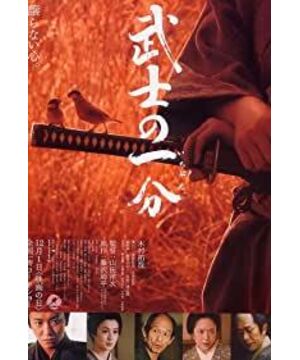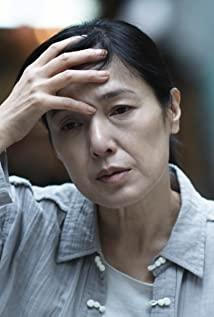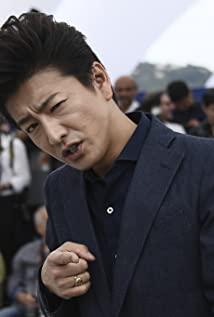"Twilight Qingbingwei" is "a life in a dim light". Under the background of music, there is a vast and far-reaching "look back at the red sunset".
"Hidden Sword and Ghost Claw" is cold, and the snowy day at the beginning of the film is the keynote of the whole film. The warriors who are trapped in a lonely state are silent and forbear, and they practice the fatal blow.
In "Samurai's Point", the "wu" component has been greatly diluted. The low-level samurai Shinnosuke played by Takuya Kimura has the shadow of Junichi Okada in "Warrior Over Flowers", but he is not so witty. The lowly-ranked samurai only wanted to live peacefully, to maintain food and clothing, and to live quietly with the woman he loved. The story is simpler and less ambitious. If we say that there is an awe-inspiring martial artist style in "Twilight Seibei", "Hidden Sword and Ghost Claw" also has a resolute tenderness, and "One Point of a Samurai" is the decline of Bushido. The heart has no hatred of the country, but there is family feud; people have no ambitions, but they still recite the Lord's grace. The most beautiful and reassuring thing is that every meal and tea has the taste of that person's hand-made.
It is easy to show human nature in the tragedy, and Yamada Yoji's "Samurai Trilogy" focuses on the tragic characters who are unwilling. "A Part of the Samurai" may be regarded as a conclusion as the final chapter. The bird cage that appears many times in the film is also a metaphor for the samurai. The warriors kept in the castle are just like the caged birds of the lord, all they do in their lives is to chirp for their masters for the masters to enjoy. "Man is born free and everywhere is in chains", everyone must face birth, old age, sickness and death in his own era, and welcome the disaster and blessings in the near future. For a samurai, the identity of a samurai is both their glory and their shackles. In "One Point of the Samurai", it is also the same as cutting the belly. The old guard's cutting and apology is the cruel and violent part of Bushido, and Shimada, who was defeated in the final duel, committed suicide by keeping his mouth shut, which is the awe-inspiring part of the samurai spirit. Some people will think that Shimada's death is a matter of evil and evil, but I think that he is also defending his "one point" with death.
The so-called "one point" means "the reputation and dignity that must be guarded even at the risk of life". The English title "Love and Honor" also means this. In fact, no matter what era or class one is in, if a person's basic requirements for life are not guaranteed, he will be pessimistic and disappointed, and he is willing to fight to the death with the opponent who took away his most precious things.
Speaking of which, this finale is pretty bland. Popular, daily, calm, a reasonable and unexpected story, the structure is quite clean, eliminating all the side branches, like a deciduous tree in winter, pointing directly to the core. Fortunately, it is easier to describe and remember. So why was it so indifferent in my mind? In terms of atmosphere, the beauty of Japan shown in the film, such as the subtle emotions and the four seasons in the quiet and beautiful courtyard, are all to my liking; in terms of performance, both Kimura Takuya and Tan れい are all exquisite. However, I was never moved by this story. This is a neat work, perhaps missing the mark. It was peaceful and watertight, but instead lost those full, rich, heart-shaking shining points.
After reading the trilogy, I think the best part is the deep description of the flounder. Originally, the samurai was the lord's caged bird, and the samurai's wife and daughter were the samurai's caged bird. A woman's "one point" was almost always attached to a man. When a martial artist looks down on the situation of his career and turns to pity the person in front of him and seek a peaceful life, this ending is undoubtedly more in line with my female vision.
PS Finally, let's talk about Tan れい, which has attracted much attention because of this drama. Although I think Tan れい is older than her, Japanese fans are so surprised that she is more representative of the beauty of traditional Japanese women than Miyazawa Rie in "Twilight Seibei". Tan れい, 36, entered the Takarazuka Music School at the age of 19, started her stage career at the age of 21, and retired from the Takarazuka Opera Troupe at the age of 34. "Samurai's Point" is her first big-screen work and won her the 80th return to Japan. New Actress Award at the Film Junbao Awards. While striking while the iron is hot, she then starred in "Diary of a Fishing Fan 18" directed by Yuzo Asahara and "Mother" directed by Yoji Yamada, opening up a new way of acting.
http://bodhicat.blog17.fc2.com/blog-entry-170.html
View more about Love and Honor reviews











